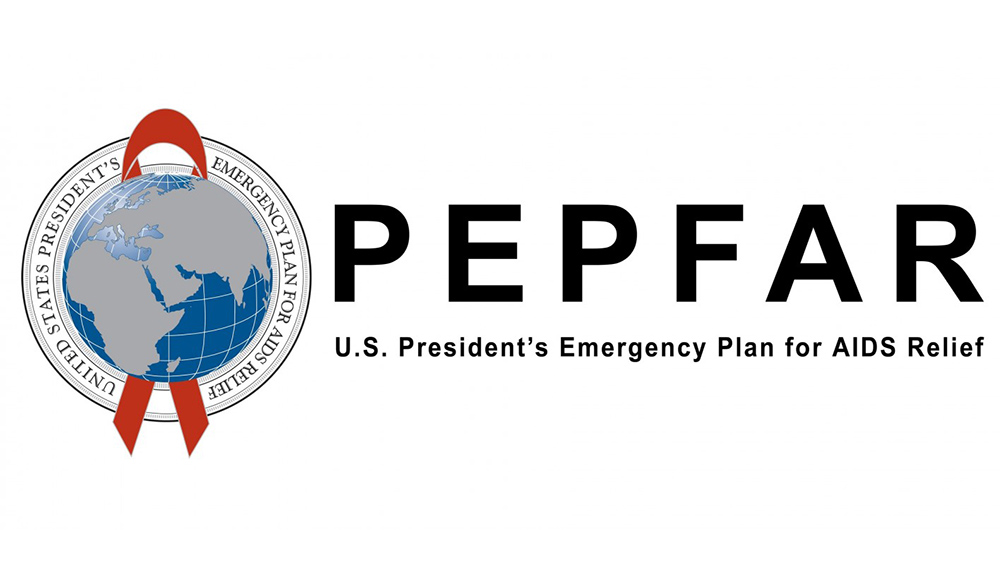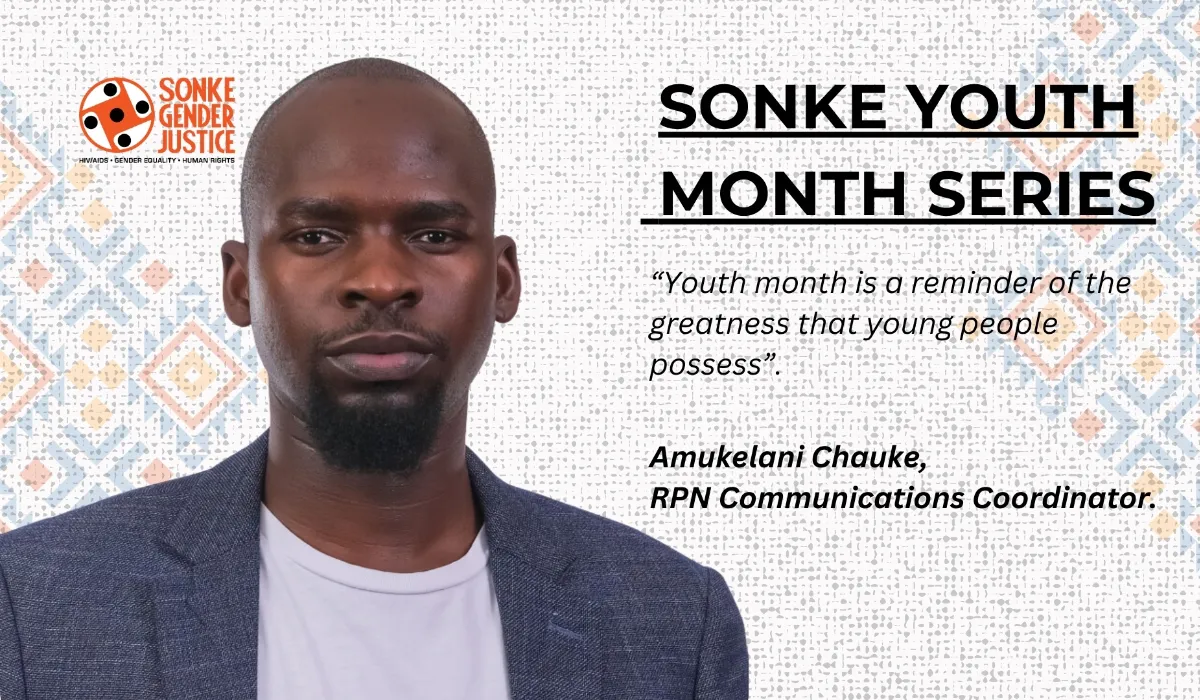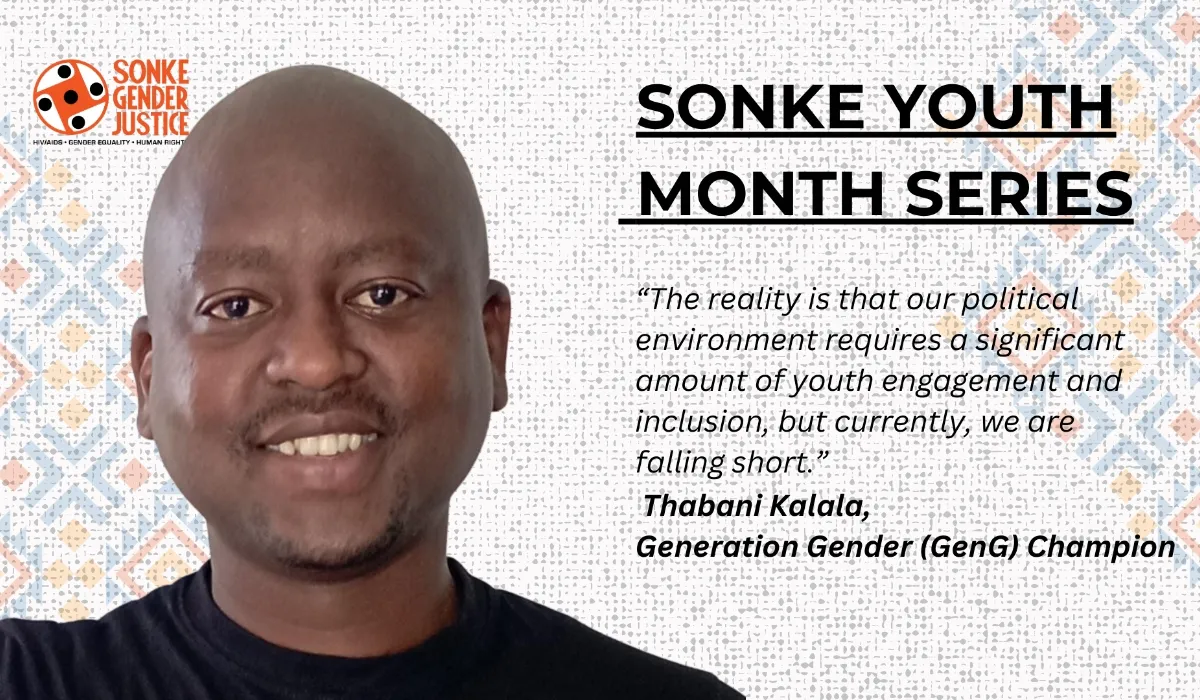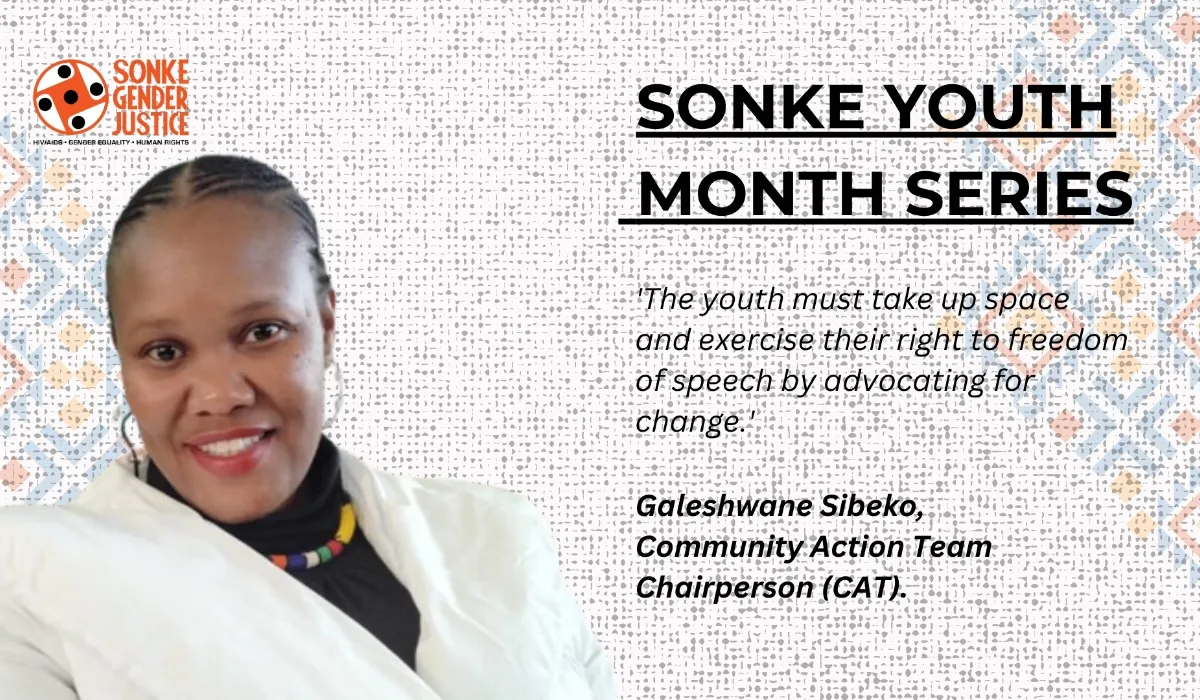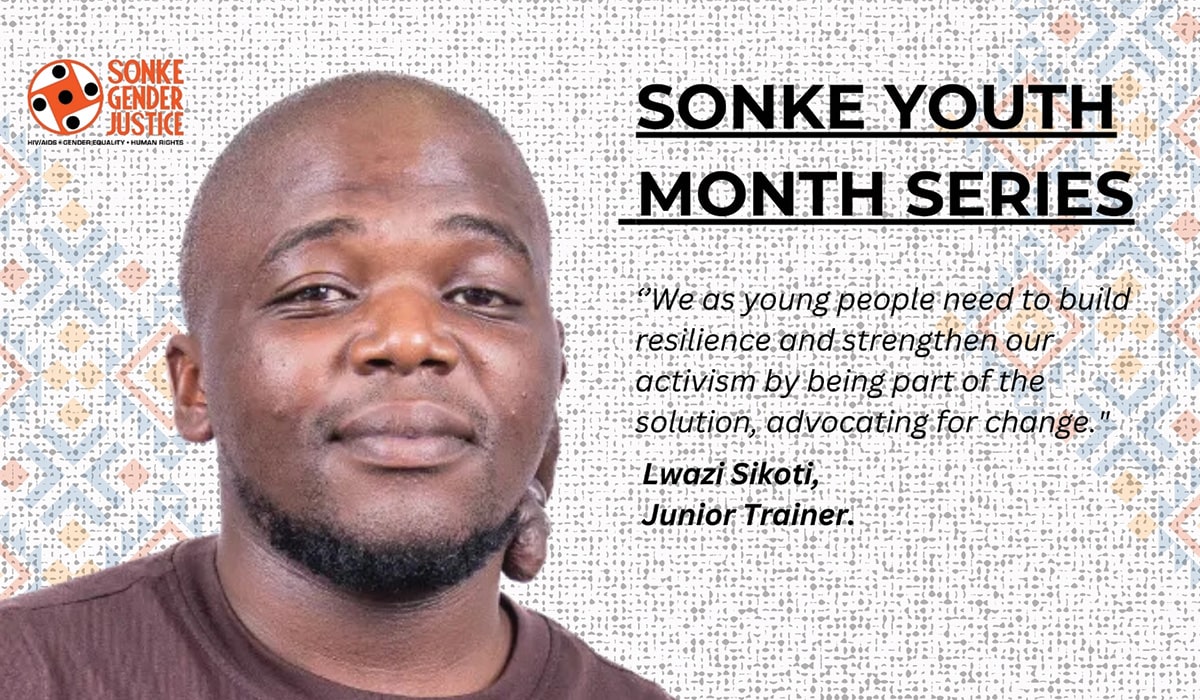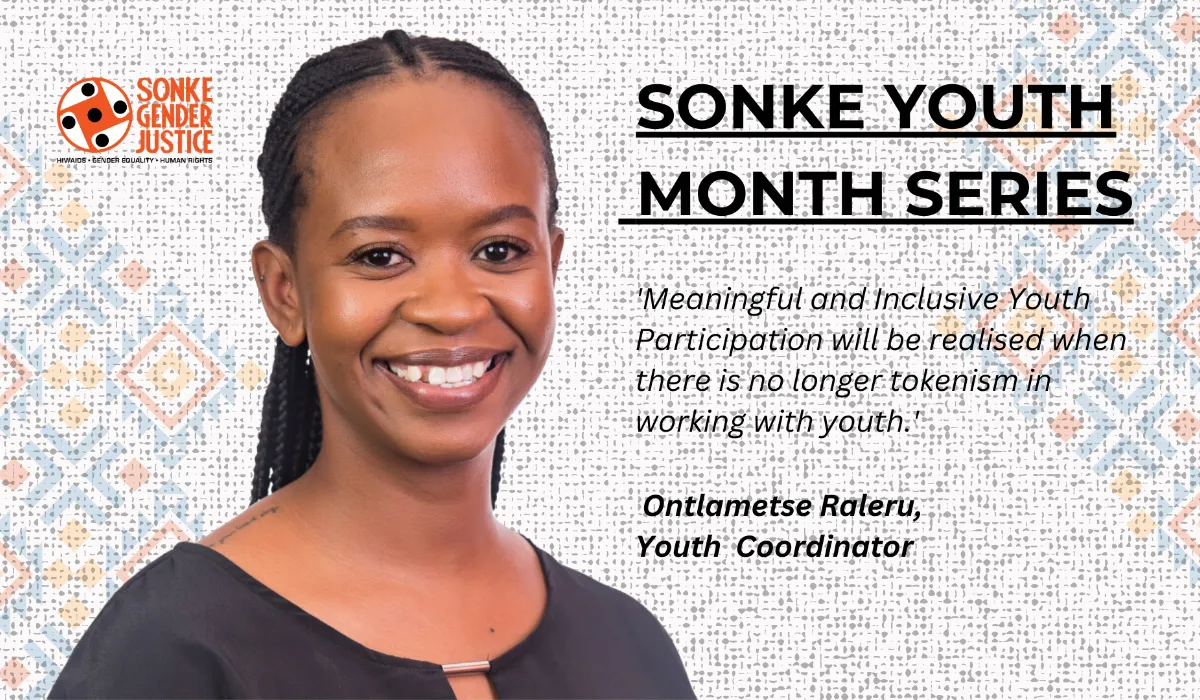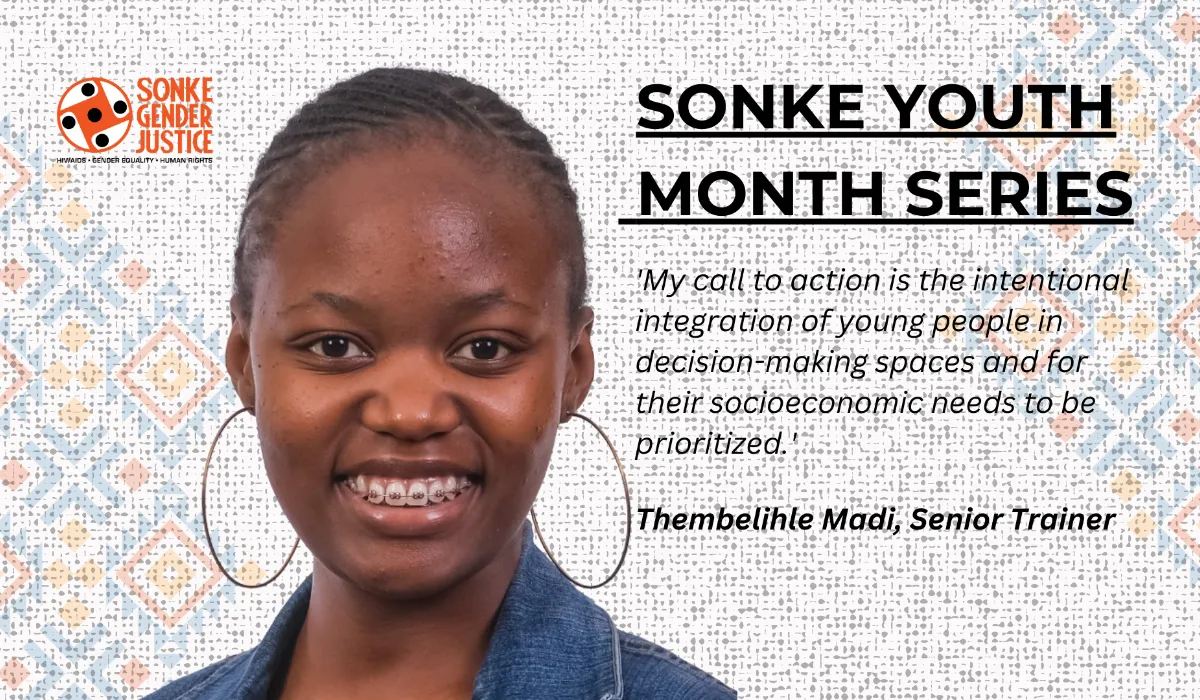The US President’s Emergency Plan for AIDS Relief (PEPFAR) should end its anti-prostitution pledge. It prevents organisations that received PEPFAR money from advocating for law reform on sex work, which not only harms sex workers but is bad for health, especially HIV prevention and treatment.
PEPFAR is an initiative to diminish the impact of the global AIDS epidemic. During the 2016 International AIDS conference in Durban, PEPFAR pledged R5.7 billion ($410 million) towards the AIDS response in South Africa.2
Between 2004 and 2014, PEPFAR invested $4.2 billion (approximately R47 billion) into HIV prevention, treatment and care in South Africa, and by the end of 2015, had assisted the South African government to achieve these remarkable goals:
- Anti-retroviral treatment for 3 million people
- Voluntary medical male circumcision for HIV prevention for 472,047 men
- HIV testing and counselling for more than 9.9 million people
- Care and support for 592,260 orphaned and vulnerable children affected by HIV/AIDS
- Anti-retroviral treatment for 226,369 pregnant women living with HIV to reduce the risk of parent-to-child transmission3
Yet, there’s a big problem with PEPFAR funding. PEPFAR recipients have to commit to a perplexing promise: to oppose sex work. According to the USA’s ‛Leadership Act’, all recipients of PEPFAR money have to sign an agreement with PEPFAR that commits them to the following:4
No funds … may be used to provide assistance to any group or organisation that does not have a policy explicitly opposing prostitution and sex trafficking.
No funds … may be used to promote or advocate the legalisation or practice of prostitution or sex trafficking.
There are two problems with this ‛pledge’
(1) Muddled thinking: conflation between sex work and trafficking
Sex work relates to adult, consensual sex. It is a job, a way for people to make a living. Trafficking on the other hand is similar to sexual slavery and is a gross human rights violation.
The United Nations is clear that for a person to have been the victim of trafficking these conditions must be met:
(a) The person must have been moved.
(b) There must have been deception or coercion for the purposes of exploitation.
Trafficking and sex work are not the same thing, and conflating them is disrespectful to sex workers and minimises the severity of the crime of victims of human trafficking.
(2) Direct and ‘chilling’ effects on organisations working with sex workers
Some PEPFAR recipients have documented how the pledge has limited the access of sex workers to health care and increased their vulnerability. This following extract is from an interview with a representative of a PEPFAR-funded organisation in southern Africa:
‛Our organisation is committed to combination HIV prevention. Evidence shows that biomedical, behavioural and structural interventions are all important for HIV prevention. The PEPFAR agreement our organisation has signed inhibits our efforts in structural HIV prevention in the following three ways:
- Public health evidence is clear that that structural interventions, such as the decriminalisation of sex work, can be important to improving sex worker health outcomes and yet we are not allowed to talk about this in our work nor advocate for this.
- Governments are increasingly recognising that the criminalisation of sex work can be a structural driver of HIV and seeking ways to address it through law reform. PEPFAR requirements mean that we may not participate in these discussions during government-convened meetings on sex worker health; and
- One of the key problems we encounter in our direct health-care provision to sex workers is mitigating the effects of violence, rape and abuse that sex workers experience from clients and the general public. Evidence shows that the high levels of violence sex workers experience are directly related to the on-going criminalisation of sex work. We are prohibited from advocating for changes to this system, and are placed in a position where we have to only deal with the on-going consequences.’
The Global Network of Sex Work Projects criticises the pledge saying that no clear guidance has been given on what is prohibited and allowed under the pledge, that some organisations have limited their services to sex workers, have withdrawn their partnership with sex worker organisations, have suppressed information of their work with sex workers and have used vague terms like ‛women at risk’ or ‛vulnerable populations’ to disguise the fact that they work with sex workers.5 This is bad not only for sex workers but for evidence-based medicine because, as the Global Network of Sex Projects explains, it is particularly difficult to evaluate what programmes are effective on sex work issues, and how HIV affects this population.
A case study: The Wits Reproductive Health and HIV Institute
A South African example of the implications of the PEPFAR Pledge is the Wits Reproductive Health and HIV Institute (WRHI) based in Johannesburg. This organisation has been providing health services specifically aimed at sex workers in inner-city Johannesburg since 1996. It started receiving PEPFAR funds in 2003, and was able to expand its services to a great number of sex workers. Until 2010, it was the only sex work-specific health-care service available in South Africa.
The institution has accumulated a wealth of information on sex worker health problems. The staff have vital first-hand knowledge of the detrimental impact of the criminal law on sex workers. The voices of WRHI staff would carry particular authority on the public health implications of the criminalisation of sex work, and the urgent need to decriminalise sex work in South Africa. But their voices are effectively silenced by the PEPFAR Pledge. Indeed, in 2002, one of the Institution’s doctors provided expert testimony in a Constitutional Court case in which the criminal law on sex work was challenged (St vs. Jordan 2002 (6) SA 642 (CC)). Under PEPFAR obligations, this likely would no longer be possible. In the context of current debates on law reform of sex work – and those looming in future – WRHI may not be able to present input or take a particular view on the matter.
PEPFAR has direct funding agreements with approximately 120 organisations in South Africa6 and other organisations are in a similar position as the WRHI. The medical anthropologist Paul Farmer and his colleagues have argued that health-care workers are the ‛natural attorneys of the poor’. PEPFAR funding agreements effectively stop these ‛attorneys’ from PEPFAR-supported organisation from speaking out about the cruelty and human rights abuses of the current criminal system.
Various courts in the United States have ruled that the PEPFAR Pledge violates the right to free speech of organisations bound by it. Regrettably, the judgements only apply to USA NGOs and their foreign affiliates.7 This creates the astonishing paradox that countries outside of the USA are bound by the Pledge, but not those working within the USA. Fortunately, the Pledge does not apply to the Global Fund to Fight AIDS, Tuberculosis and Malaria, the International AIDS Vaccine Initiative, or any United Nations agency.8
The PEPFAR Pledge was drafted under the leadership of George W Bush and the laws that authorise PEPFAR funding included a number of other provisions based on right-wing, religious approaches to HIV/AIDS. Since the election of Barack Obama as President of the USA, most of these ideology-based provisions have been changed to reflect current evidence on HIV/AIDS. The PEPFAR Anti-Prostitution Pledge, however, has not.
Scores of organisations and individuals in South Africa, Africa and Asia are bound by the PEPFAR Pledge and may not be able to risk speaking out against its requirements.
This places a greater responsibility on those of us who can speak out, to demand the repeal of the PEPFAR anti-Prostitution Pledge and to move to evidence-based policy on sex work and HIV.
References
- Marlise works as a Policy Development & Advocacy Specialist at Sonke Gender Justice.
- ′PEPFAR Investing More Than $410 Million Towards an AIDS-Free Generation in South Africa′ Available: https://za.usembassy.gov/pepfar-investing-410-million-towards-aids-free-generation-south-africa/ Accessed 3 October 2016
- PEPFAR (2016) ′Partnering to achieve epidemic control in South Africa′, available: https://www.pepfar.gov/countries/southafrica/
- It also noted that ′Prostitution and other sexual victimisation are degrading to women and children and it should be the policy of the United States to eradicate such practices′ in H.R. 1298 – 108th Congress: United States Leadership Against HIV/AIDS, Tuberculosis, and Malaria Act of 2003. (2003). In GovTrack.us (database of federal legislation)
- Global Network of Sex Work Projects ′PEPFAR and Sex work′ Briefing Paper #01, available: http://www.nswp.org/sites/nswp.org/files/PEPFAR%20%26%20SW.pdf
- https://za.usembassy.gov/our-relationship/pepfar/about-pepfar/
- Centre for Heath and Gender Equity ′Anti-Prostitution Loyalty Oath′, Fact Sheet, August 2015, available: https://www.genderhealth.org/files/uploads/change/publications/Updated_APLO_factsheet.pdf
- CHANGE Centre for Health and Gender Equity ′All Women, All Rights, Sex Workers included – U.S. Foreign Assistance and the sexual and reproductive health and rights of female sex workers′, 2016

